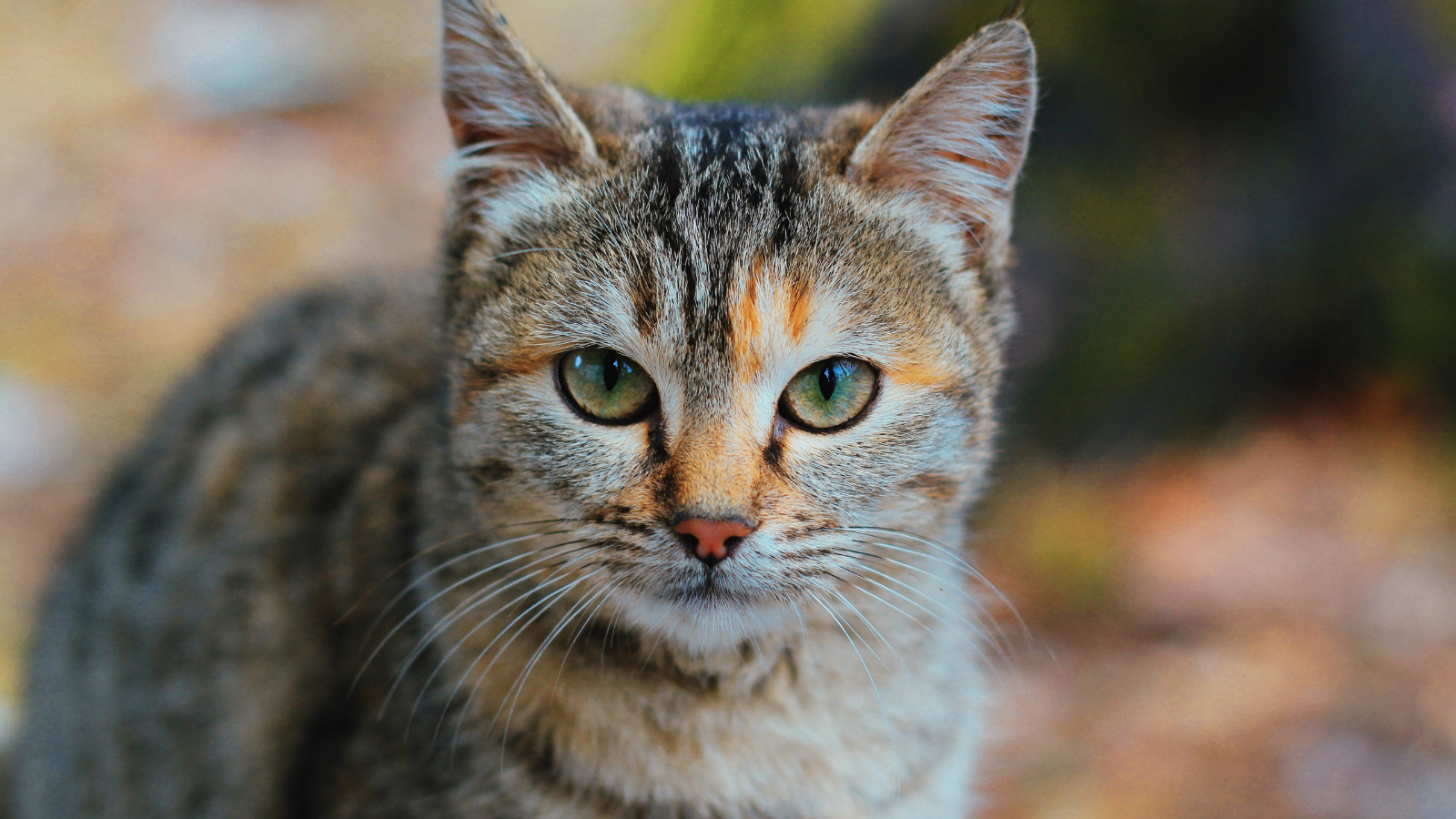As pet owners, our goal is to give our feline companions the healthiest lives possible. One serious threat to a cat’s well-being is the Feline Leukemia Virus (FeLV). At Big Island Pet Care Center, we believe that informed care leads to empowered pet ownership, which is why we’re shedding light on this critical topic to help you keep your cat safe.
What is Feline Leukemia Virus (FeLV)?
FeLV is a contagious virus that weakens a cat’s immune system, making it difficult to fight off infections, diseases, and even cancers. This virus has been found in approximately 3% of domestic cats. While it’s not transmittable to humans or other animal species, it spreads easily among cats through saliva, urine, feces, and even shared grooming or food bowls. Once infected, a cat’s ability to combat other illnesses significantly decreases.
Cats most commonly contract FeLV through close, prolonged contact with infected felines. This includes mutual grooming, sharing food and water dishes, or bite wounds sustained during fights. Kittens can also contract the virus from their mothers, either in utero or through nursing. Because of its ease of transmission, FeLV is especially prevalent in outdoor cats or those living in multi-cat households without proper screening.
Recognizing the Symptoms of Feline Leukemia
The FeLV virus sometimes does not show signs for weeks or even months, making early detection difficult. Some symptoms to watch for include:
- Persistent fever
- Weight loss and poor coat condition
- Pale gums
- Loss of appetite
- Diarrhea
- Lethargy and behavioral changes
- Swollen lymph nodes
- Frequent respiratory or urinary infections
These symptoms may be intermittent and often mimic other conditions, so a vet visit is necessary for a proper diagnosis.
Diagnosing and Preventing FeLV
Diagnosis typically involves a blood test, which detects the presence of the virus. In some cases, a follow-up test is recommended for confirmation. While there’s currently no cure for FeLV, early diagnosis allows for better care and monitoring. Treatment focuses on strengthening the immune system, managing symptoms, and preventing secondary infections.
Infected cats should be kept indoors, fed a balanced diet, and receive routine veterinary checkups. Some may live for several years post-diagnosis with proper care. Owning a FeLV-positive cat comes with responsibility but also the opportunity for deep connection and care. These cats can lead meaningful lives when their environments are clean, stress-free, and supportive. Keep them separate from FeLV-negative cats to prevent transmission, and work closely with your vet to monitor their health.
Prevention is the best way to protect your cat from FeLV.
- Make sure that your cat is vaccinated, especially important for kittens and outdoor cats.
- Keeping your cat indoors reduces exposure to potentially infected cats.
- Always test new feline additions to multi-cat homes.
- Annual checkups with a veterinarian increase early detection odds.
Make Sure Your Cat Has the FeLV Vaccine in Keaau, HI
Feline leukemia doesn’t have to be a mystery. Through awareness, regular vet visits, and preventive care, you can protect your feline companion and enhance their quality of life. Big Island Pet Care Center vaccinates and tests cats for feline leukemia in Keaau and from neighboring areas like Hawaiian Paradise Park. If your cat requires vaccination or testing for FeLV, schedule an appointment with us.

